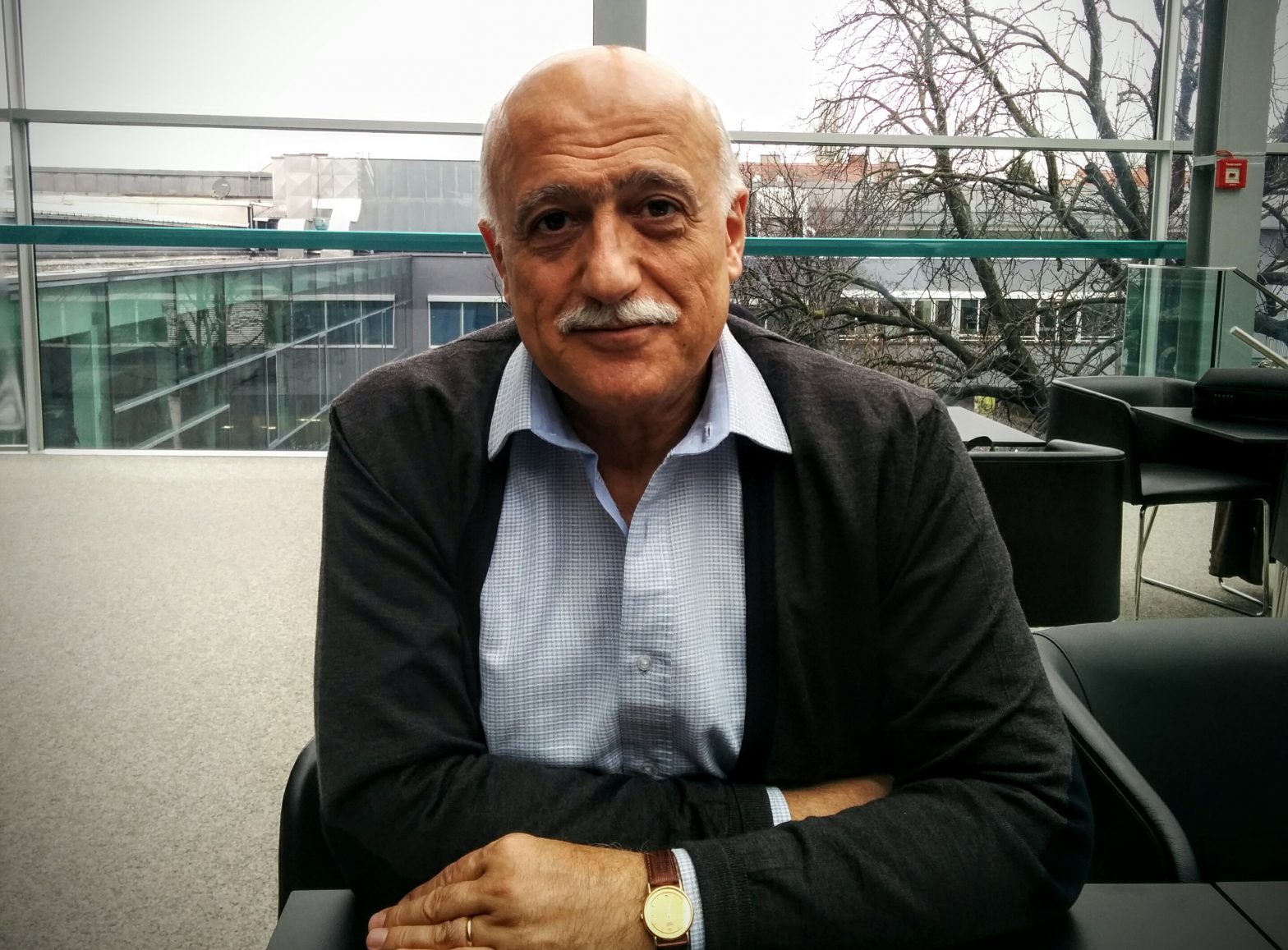
Photo: IMG_20160303_113443-2
“With the circular economy am I an optimist? No. But I have some optimism” – Arab Hoballah, UNEP
04 March 2016
by Jonathan Andrews

Photo: IMG_20160303_113443-2
04 March 2016
by Jonathan Andrews
Jonathan Andrews spoke to Arab Hoballah, Chief of the Sustainable Lifestyles, Cities and Industry Branch at the UN’s Environment Programme (UNEP) during the Urban Future Conference held in Graz, Austria
You painted a dark and pessimistic picture during your presentation here in Graz on the future of the circular economy. Do you not think that technology will enable the notion of the circular economy to move forward?
With the circular economy, resource efficiency, sustainable consumption and production I have some optimism. Am I an optimist? No. But I have some optimism because I have seen the change, mainly in the youth today that are more aware. If you look at the evolution in abs...
Unregistered users have limited access to our stories. Register for free now to enjoy Cities Today without restrictions.
Already a subscriber?
| Cookie | Duration | Description |
|---|---|---|
| cookielawinfo-checbox-analytics | 11 months | This cookie is set by GDPR Cookie Consent plugin. The cookie is used to store the user consent for the cookies in the category "Analytics". |
| cookielawinfo-checbox-functional | 11 months | The cookie is set by GDPR cookie consent to record the user consent for the cookies in the category "Functional". |
| cookielawinfo-checbox-others | 11 months | This cookie is set by GDPR Cookie Consent plugin. The cookie is used to store the user consent for the cookies in the category "Other. |
| cookielawinfo-checkbox-necessary | 11 months | This cookie is set by GDPR Cookie Consent plugin. The cookies is used to store the user consent for the cookies in the category "Necessary". |
| cookielawinfo-checkbox-performance | 11 months | This cookie is set by GDPR Cookie Consent plugin. The cookie is used to store the user consent for the cookies in the category "Performance". |
| viewed_cookie_policy | 11 months | The cookie is set by the GDPR Cookie Consent plugin and is used to store whether or not user has consented to the use of cookies. It does not store any personal data. |
You have reached the limit for the basic subscription. Please upgrade to Premium to download more
You have reached the limit for the basic subscription. Please upgrade to Premium to save more

